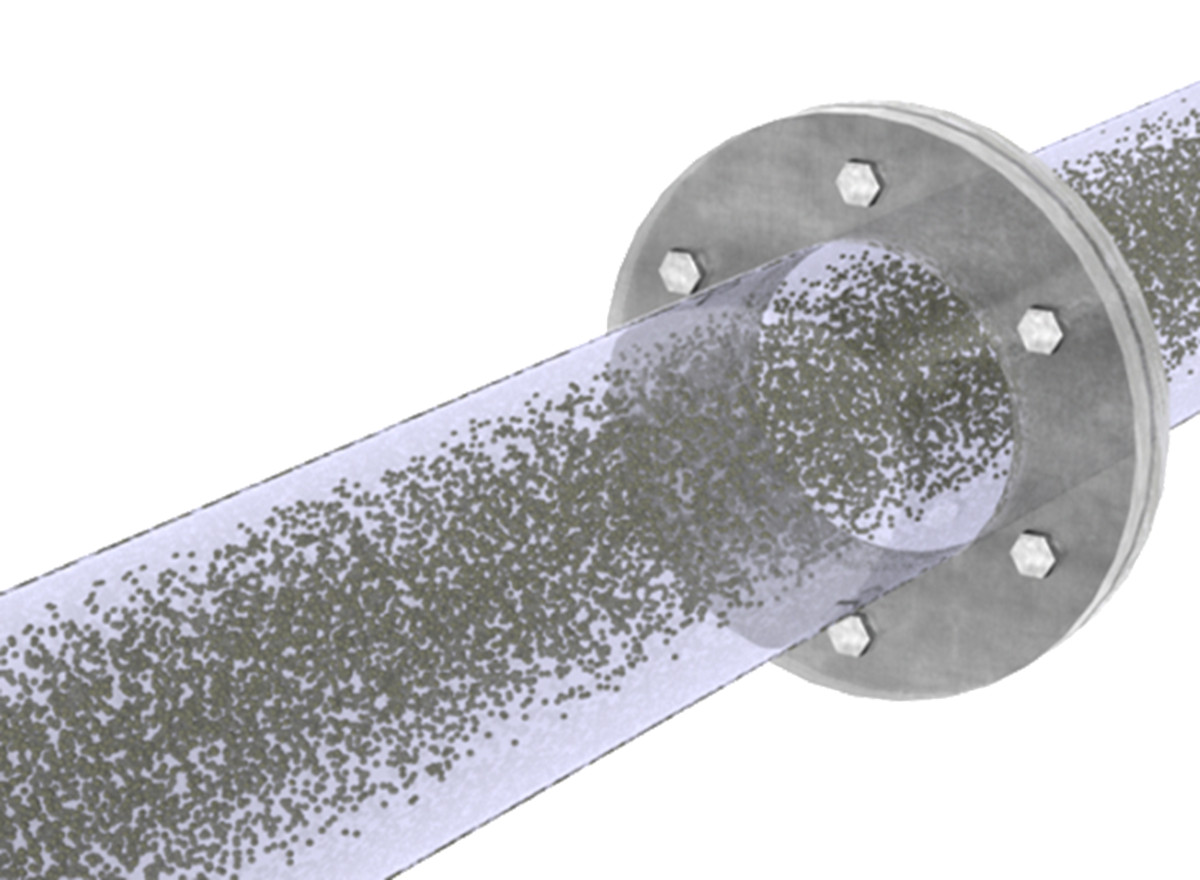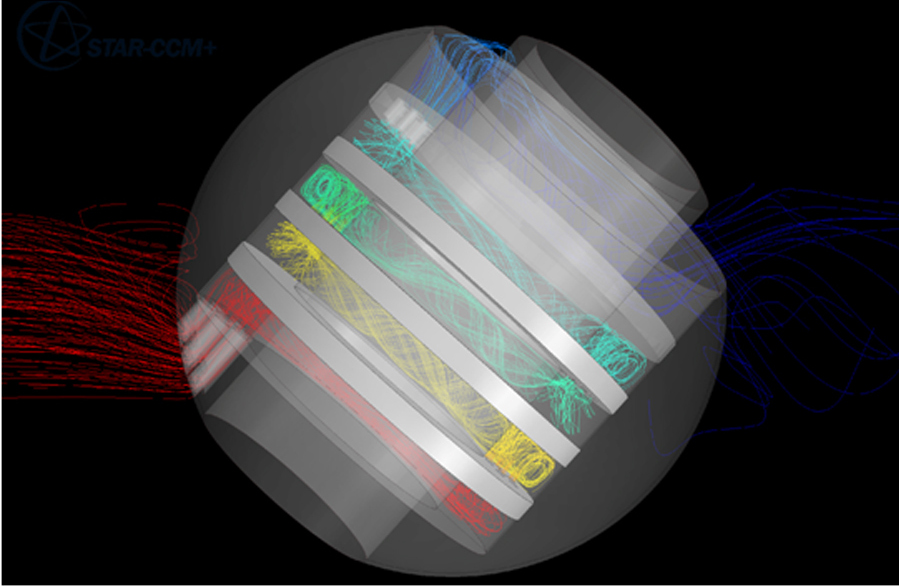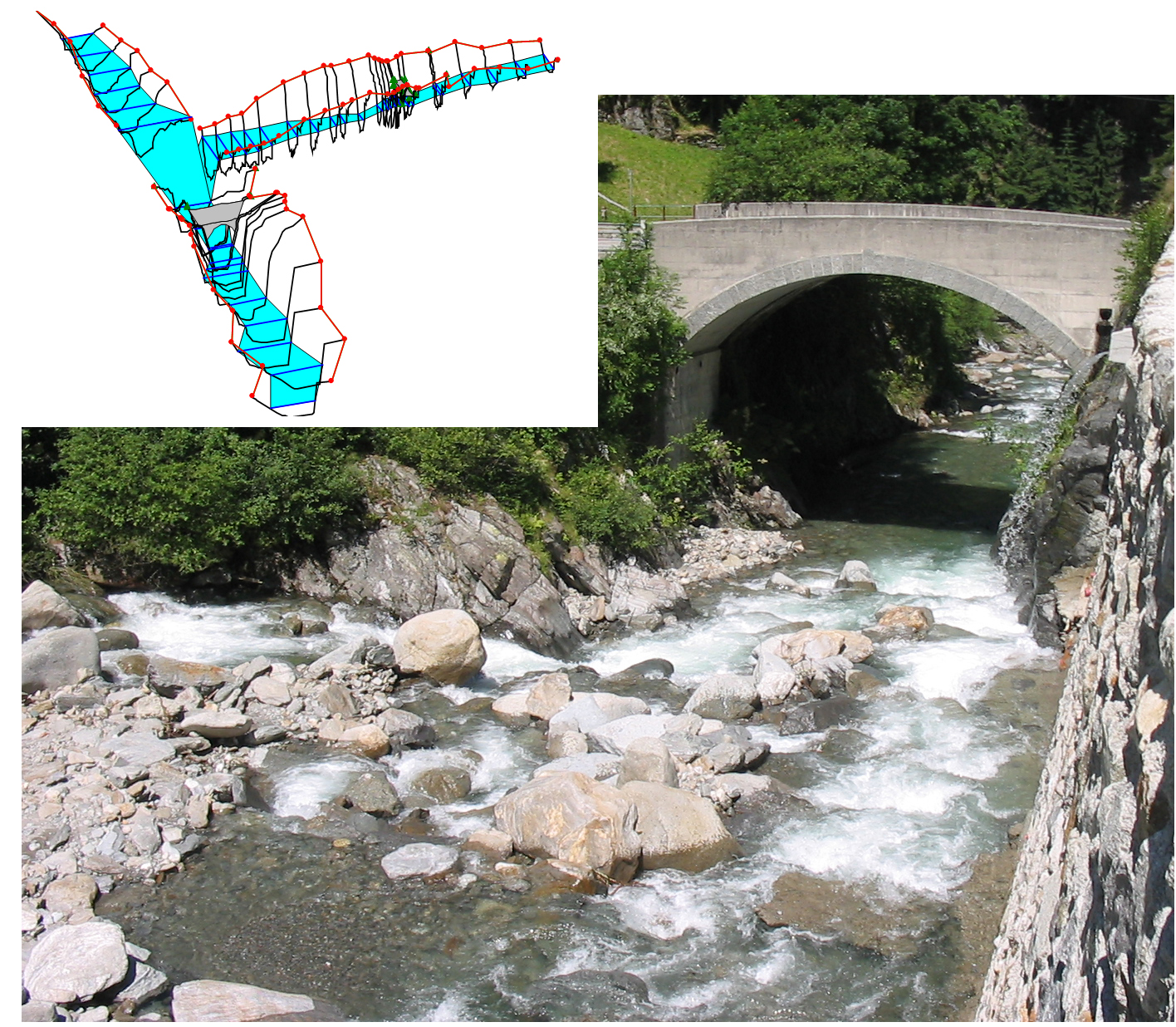Water Engineering deals with the study of the behavior of water and the design of works related to the exploitation and management of water. Water plays multiple roles in relation to human activities and their development:
- Water is a potable resource. However, the availability of water resources is uneven and seasonal. Accordingly, using water resources responsibly is mandatory to guarantee a sustainable balance for the natural ecosystems involved (e.g. aquifers or river ecosystems).

- The movement of water is itself a source of energy, or an instrument to extract energy resources from the subsoil. In this context, emerging technologies complement traditional hydropower in enery production, e.g. in exploiting sea energy, or in recovering energy dissipated in civil and industrial hydraulic plants.

- Water is a key factor in civil and industrial plants, where engineers are committed in evaluating the stresses specifically induced by the transport and use of water.

- Water can be a threat to the safety of human settlements. The destructive action of extreme natural events can damage land and infrastructures. Accordingly, the areas adjacent to waterways have to be protected from flood and hydrogeological risk.

Water Engineering is thus involved in addressing many strategic challenges for the economic and social development, and is confronted with complex and dynamic systems. The track Water Engineering of the MSc in Civil Engineering starts from the description of the fundamental physical processes in fluid mechanics and their characterization through conceptual and mathematical models. These skills are integrated with other engineering disciplines, which concur to the completion of the training of hydraulic engineers, together with those subjects peculiar to fluid mechanics and hydraulic constructions.

Hydraulic engineers have a wide range of employment opportunities in engineering offices, companies or consortia operating in this specific field. They can also work as self-employed professionals. In the Public Administration, hydraulic engineers can either be designers, or have management functions in divisions related to risk mitigation and civil protection.
